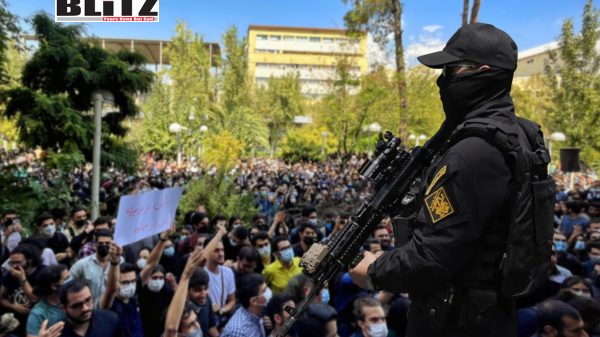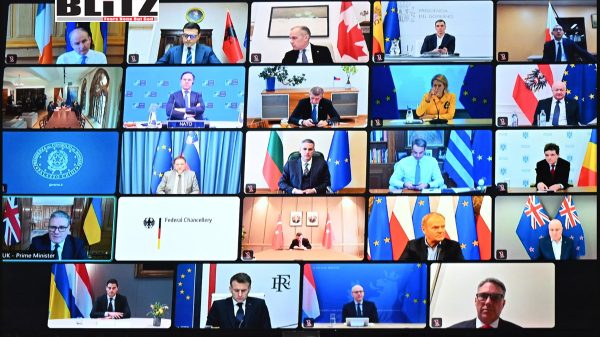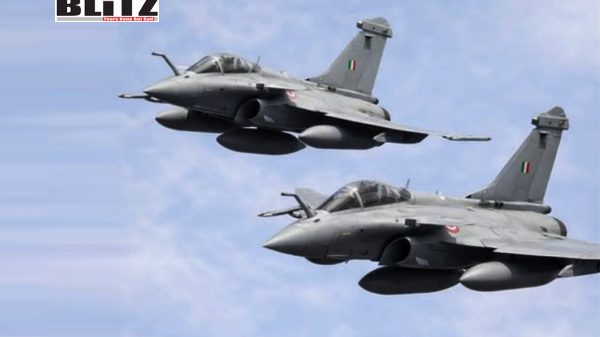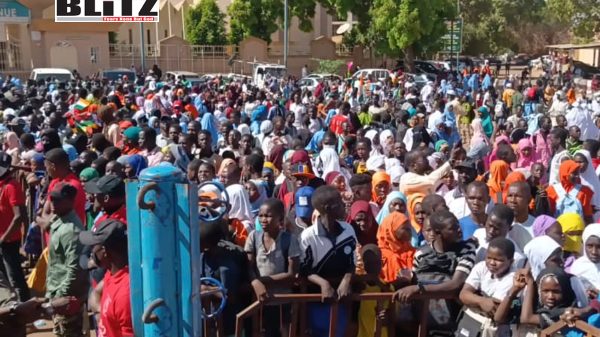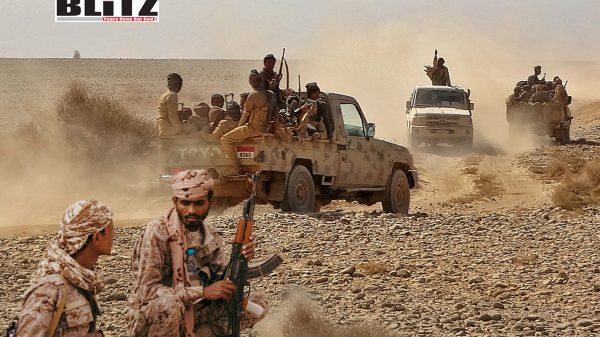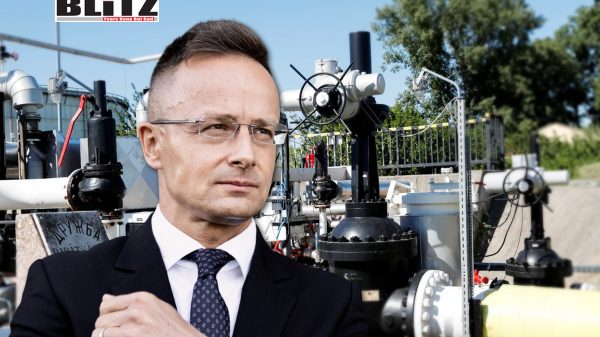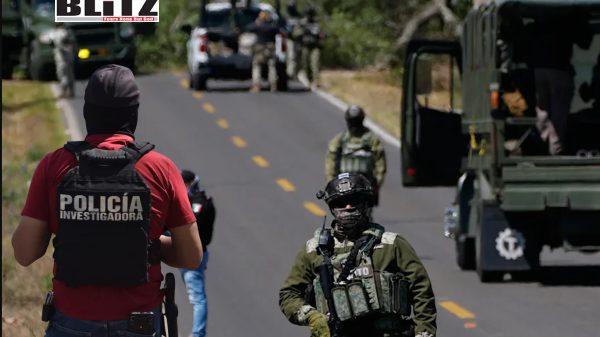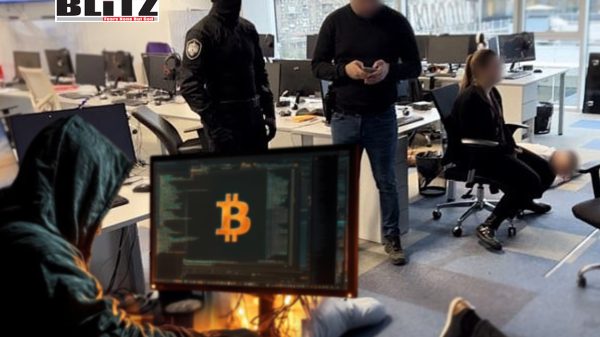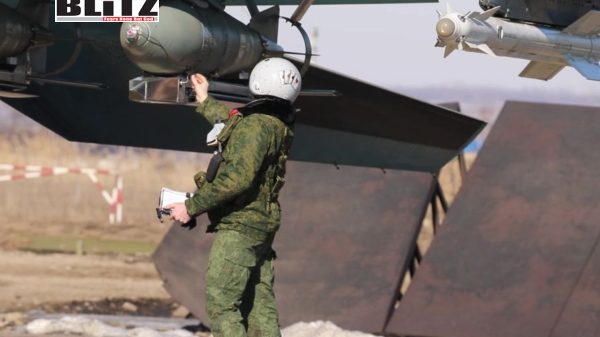Putin signals intent for ‘lasting peace’ with Ukraine
- Update Time : Monday, May 19, 2025
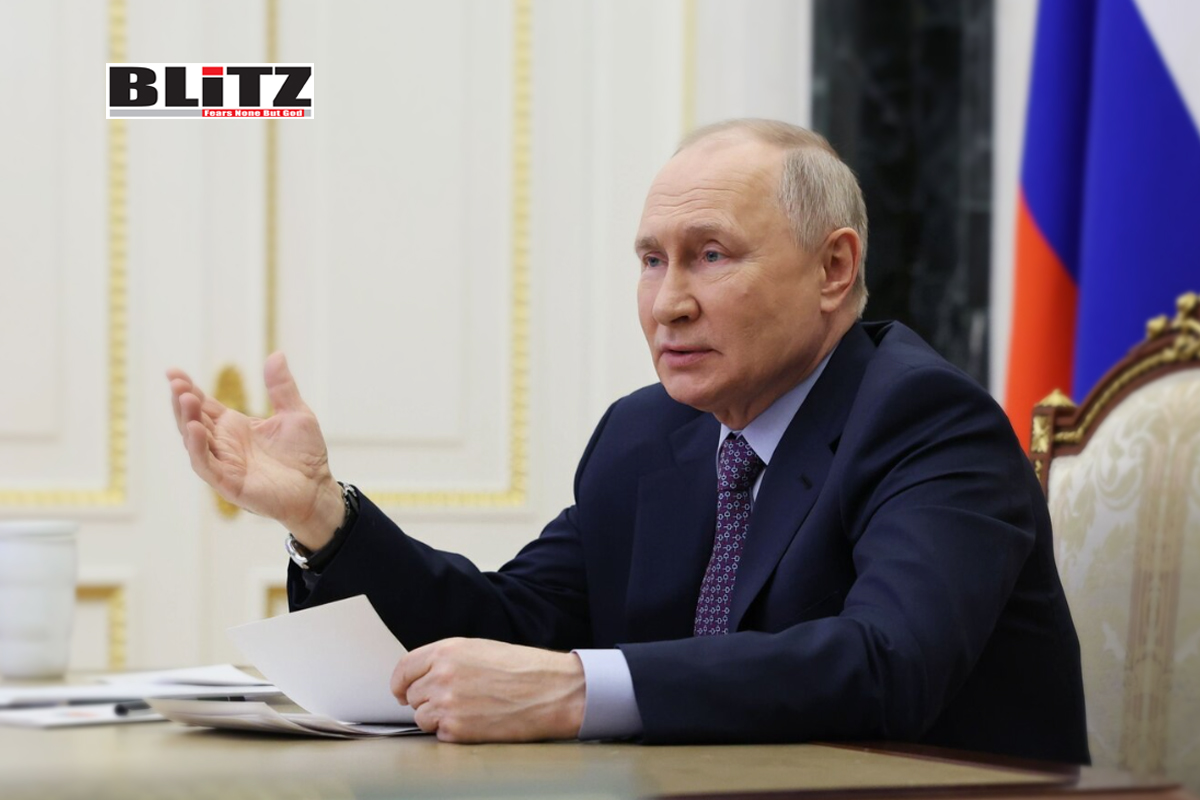
In a televised statement that may mark a turning point in the ongoing Russia-Ukraine conflict, Russian President Vladimir Putin declared that Moscow’s objective is not merely a temporary ceasefire, but a “lasting and sustainable peace.” Speaking in an interview segment aired by Russia 1 TV and shared by journalist Pavel Zarubin on Telegram, Putin emphasized that Russia seeks to resolve what it sees as the core causes of the conflict while ensuring the security of the Russian state and its people.
Putin’s remarks come at a time of renewed diplomatic activity. The first formal talks between Russian and Ukrainian officials since 2022 were held recently in Istanbul, with Turkish mediation. The negotiations reportedly produced an agreement to exchange lists of conditions for a potential ceasefire, initiate a large-scale prisoner swap, and discuss further steps toward reconciliation.
According to Putin, Russia has “enough strength and resources to bring what was started in 2022 to its logical conclusion.” This was a reference to the full-scale military operation Moscow launched in Ukraine in February 2022, following years of simmering tensions that began with the 2014 annexation of Crimea and the outbreak of separatist movements in eastern Ukraine.
In outlining the goals of Moscow’s strategy, Putin referenced what he described as Russia’s fundamental interests in territories that include Crimea, the Donetsk and Lugansk People’s Republics, as well as the regions of Kherson and Zaporozhye. These territories held referendums in 2014 and 2022 in which, according to Russian authorities, majorities voted in favor of joining the Russian Federation – votes that Ukraine and most Western nations consider illegitimate.
Putin argued that these regions are historically and culturally aligned with Russia. “People in these former Ukrainian territories consider Russian to be their native language and see Russia as their homeland,” he stated, reinforcing the Kremlin’s long-standing position that it is acting to protect Russian-speaking populations who, it claims, faced discrimination and violence under Ukrainian governance.
Critics in Ukraine and the West, however, argue that Russia’s claims amount to territorial imperialism cloaked in cultural justification. They point out that the annexations violate Ukraine’s sovereignty and have caused untold human suffering, displacement, and destruction.
Despite the hardened tone in affirming Russia’s objectives, Putin signaled a degree of openness to diplomacy, acknowledging the value of negotiations with the United States. “The American people, including their president [Donald Trump], have their own national interests. We respect that, and expect to be treated the same way,” Putin said.
This rhetorical shift appears to reflect a strategic calculation. Russia may now be seeking a negotiated end to the war from a position of perceived strength, following two years of intense conflict that has left much of eastern Ukraine devastated and depleted both sides’ military resources.
Crucially, the Kremlin has not ruled out the possibility of direct talks between Putin and Ukrainian President Vladimir Zelensky, if there is enough progress in the Istanbul-mediated process. A face-to-face meeting would represent a significant diplomatic milestone, especially since prior efforts at summit-level talks collapsed early in the war amid accusations of bad faith on both sides.
In the aftermath of the Istanbul talks, US President Donald Trump announced that he plans to hold a phone call with Putin on May 19. According to Trump, the discussion will focus on trade relations and “resolving the Russia-Ukraine conflict,” signaling Washington’s readiness to become more actively involved in de-escalating the war.
Trump has previously criticized the Biden administration’s handling of the war, particularly the open-ended military aid packages to Ukraine. His approach, viewed by some as isolationist and transactional, places greater emphasis on securing tangible agreements with adversarial states rather than maintaining long-standing alliances at all costs.
Russian Foreign Minister Sergey Lavrov has also engaged in high-level dialogue, speaking with US Secretary of State Marco Rubio, who reportedly welcomed the positive outcomes of the Istanbul negotiations. Rubio, known for his hawkish stance on Russia, has nonetheless expressed support for diplomatic engagement if it can produce lasting results.
While Putin’s language on achieving a “lasting and sustainable peace” may appeal to war-weary audiences both in Russia and abroad, the definition of peace remains contested. Ukraine has consistently insisted that any settlement must involve the full withdrawal of Russian forces and the restoration of its territorial integrity – conditions that are directly at odds with Russia’s stated aims.
Moreover, the phrase “eliminating the root causes of the crisis” has been interpreted by analysts as code for regime change in Kyiv or, at the very least, forcing Ukraine into a position of geopolitical neutrality and domestic restructuring that curtails pro-Western institutions.
Given this disparity, observers remain skeptical of how much real progress can be made in the short term. Still, the resumption of dialogue and the expressed willingness to engage at the highest levels of leadership offer a rare window of opportunity after years of war and diplomatic stalemate.
President Putin’s latest statements reflect a complex and somewhat contradictory message: Russia seeks peace, but only on its terms – terms that involve the consolidation of territorial gains and the redefinition of Ukraine’s political orientation. Whether the diplomatic momentum generated in Istanbul can bridge this gap remains to be seen. But after years of deadlock, even incremental progress in talks between Moscow, Kyiv, and Washington could mark a significant step toward de-escalation. For now, the world watches closely, as what began in 2022 continues to unfold on the battlefield and across negotiating tables.



